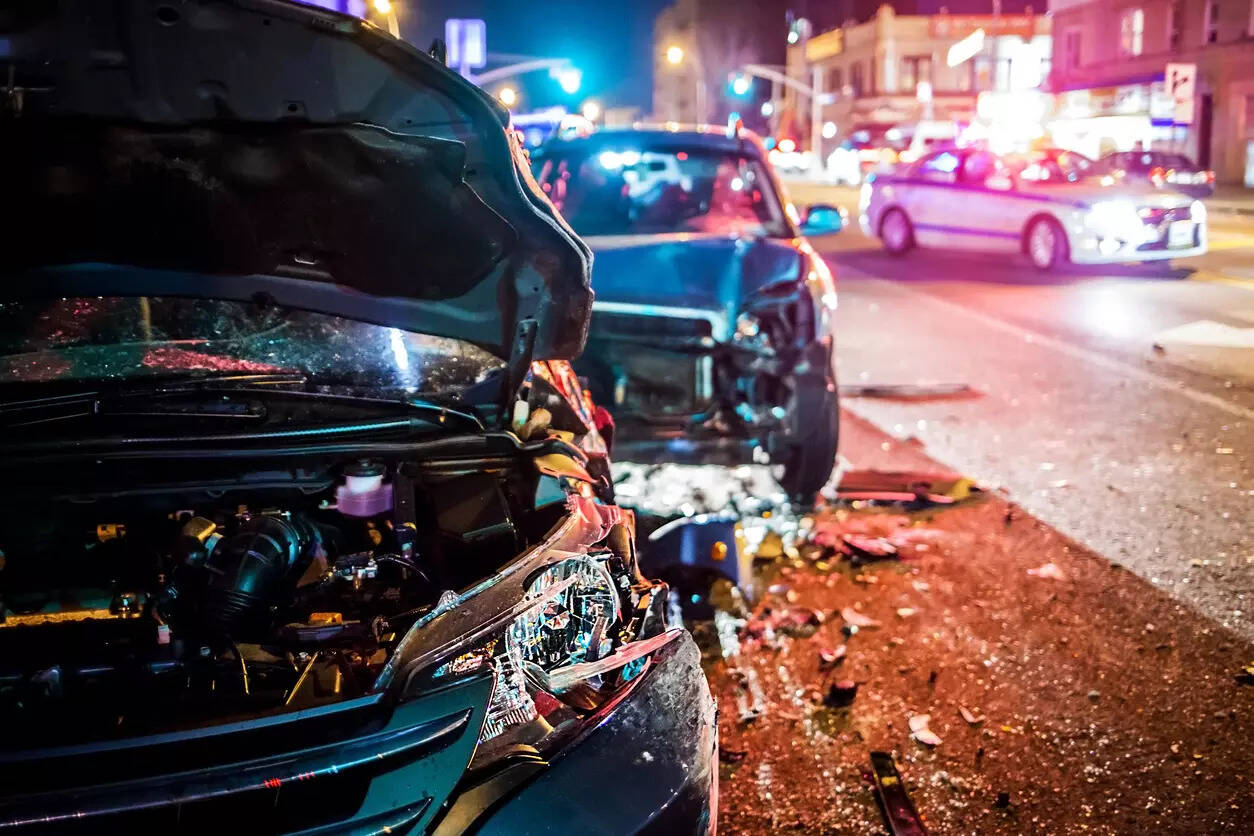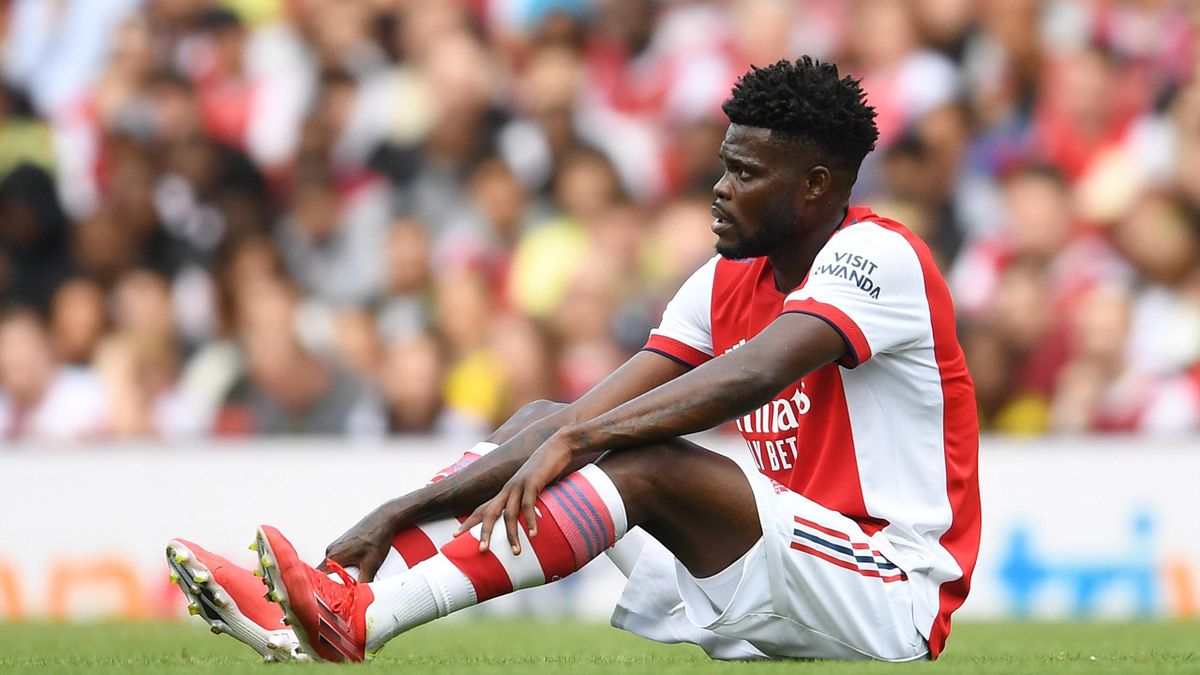Supreme Court Ruling On Road Deaths Compensation: Supreme Court Rules No Compensation for Negligent Drivers in Fatal Accidents, ET Auto
The judgment reinforces the legal position that insurers are not liable to pay compensation in cases where the deceased is considered a “self-tortfeasor” — a person responsible for their own injury or death.

In a significant ruling, the Supreme Court has held that legal heirs of individuals who die in accidents caused by their own negligent driving are not entitled to compensation under the Motor Vehicles Act, reports MoneyControl. The judgment reinforces the legal position that insurers are not liable to pay compensation in cases where the deceased is considered a “self-tortfeasor” — a person responsible for their own injury or death.
The case pertained to a fatal accident on June 18, 2014, when a man driving a Fiat Linea lost control of the vehicle and it overturned, resulting in his death. Although his family claimed the crash was caused by a tyre burst, the police investigation and subsequent chargesheet concluded the accident resulted from the driver’s rash and negligent behaviour.
His wife, son, and parents had filed a compensation claim of ₹80 lakh against United India Insurance Co Ltd, citing his monthly income of ₹3 lakh and his role as the family’s sole breadwinner. However, the Motor Accident Claims Tribunal (MACT) dismissed the claim, citing the deceased’s own negligence. This finding was upheld by the Karnataka High Court, which relied on established precedent, including the Supreme Court’s 2009 ruling in Ningamma v. United India Insurance Co Ltd.
Key evidence included the police chargesheet, eyewitness accounts, and the absence of any credible proof of mechanical failure. The courts concluded there was no external fault and reaffirmed that compensation is not payable when harm is caused by the unlawful conduct of the claimant.
A Bench of Justices PS Narasimha and R Mahadevan upheld the lower court decisions, adding that even if the deceased was not the vehicle owner but was in control of it, legal liability rests with the driver.








